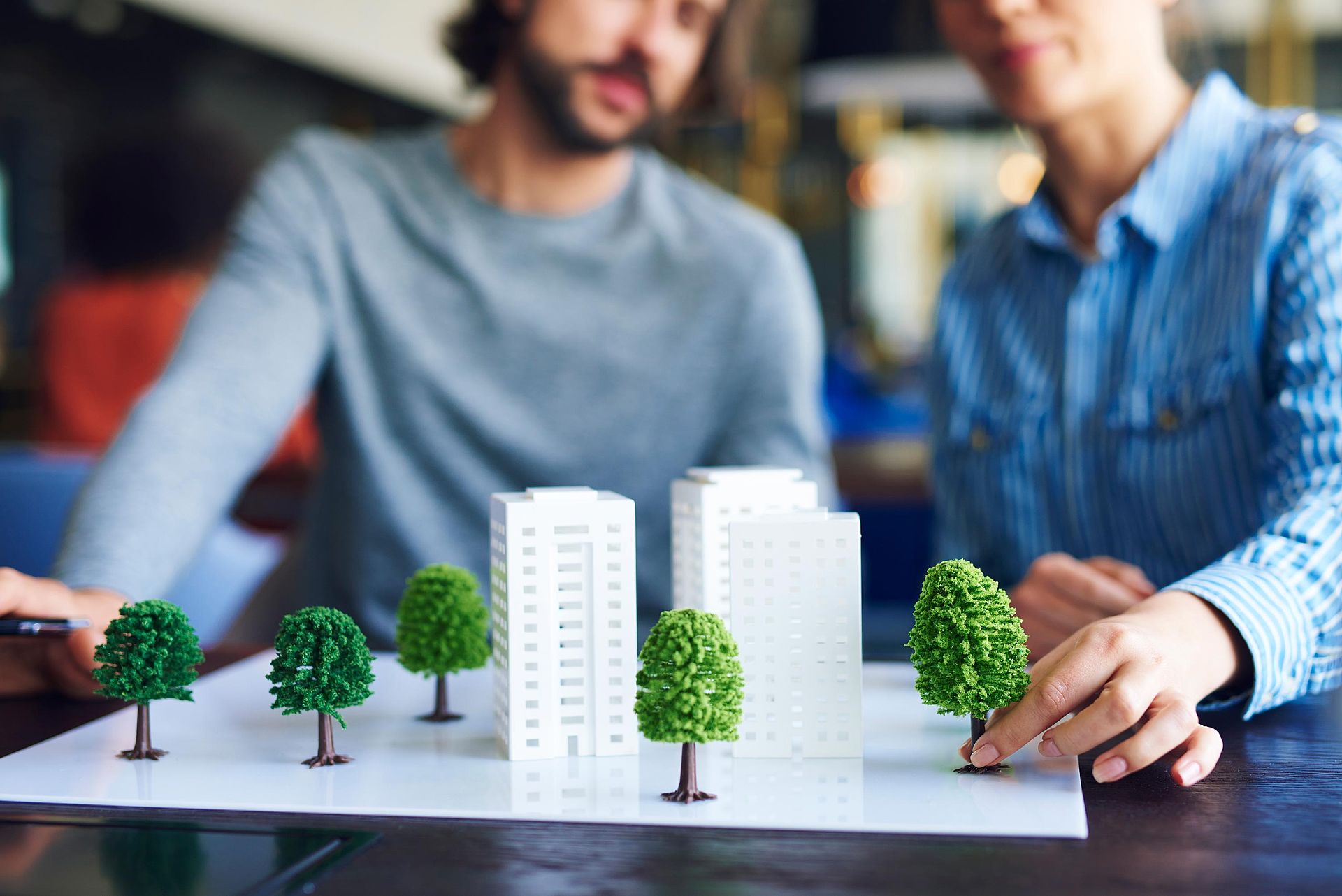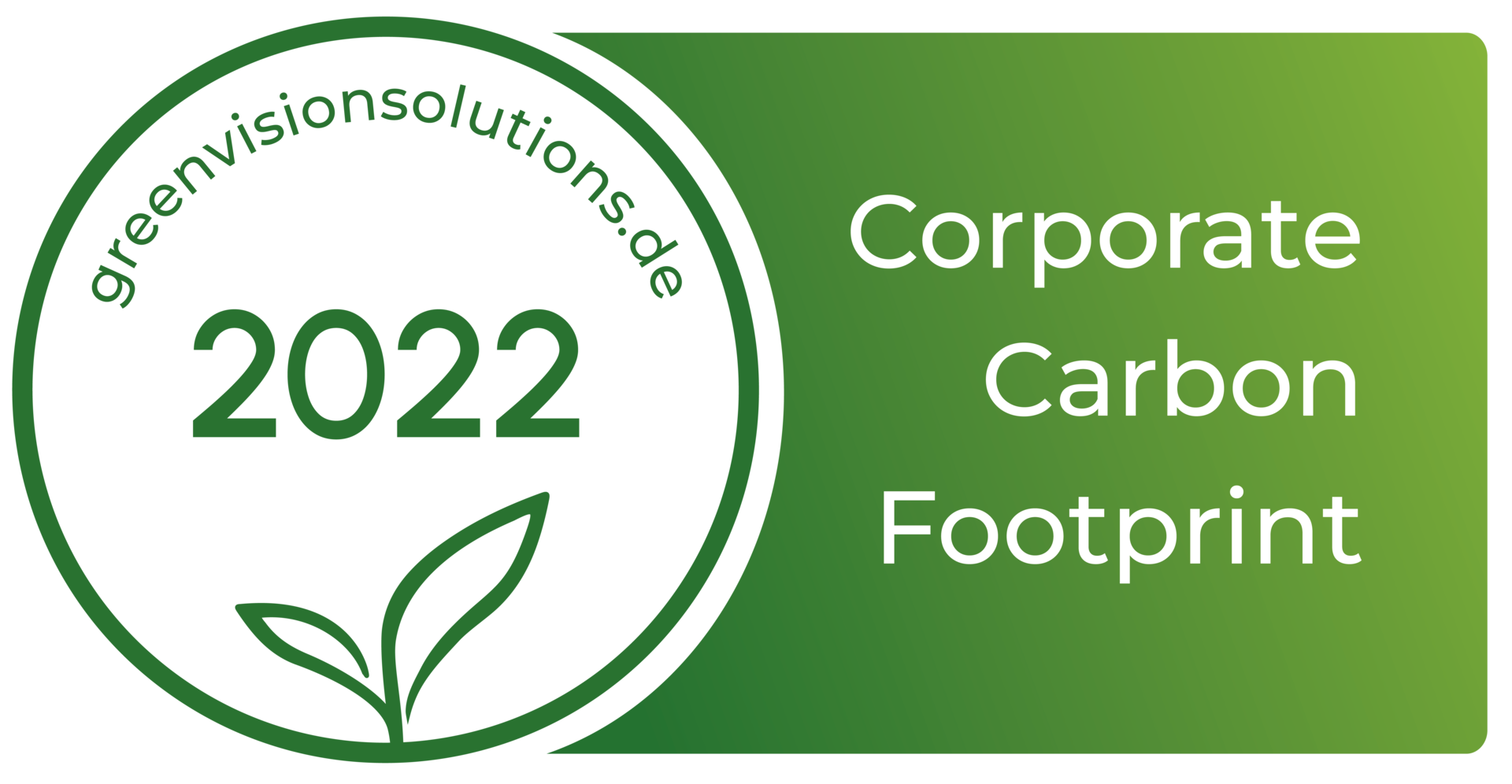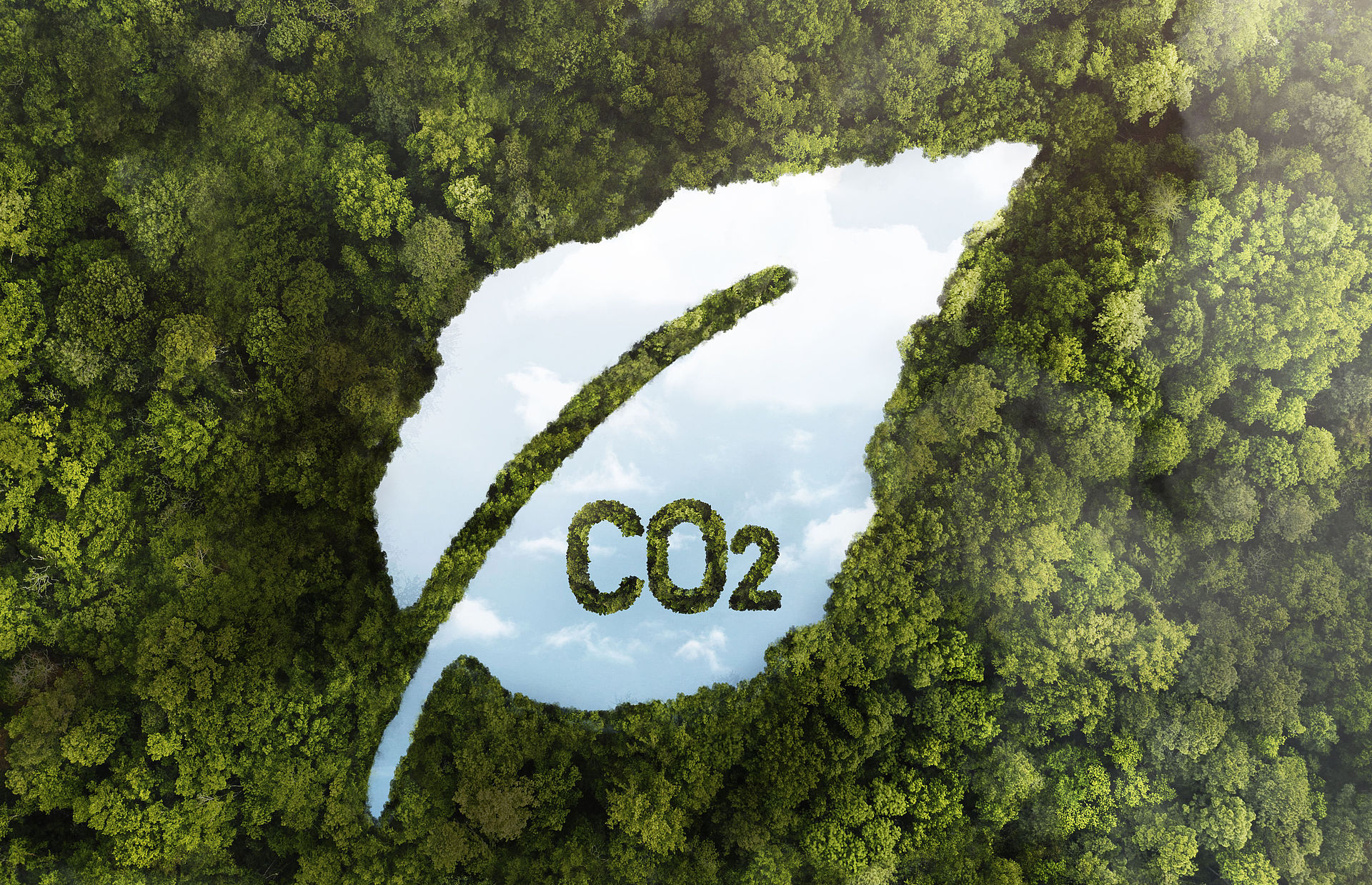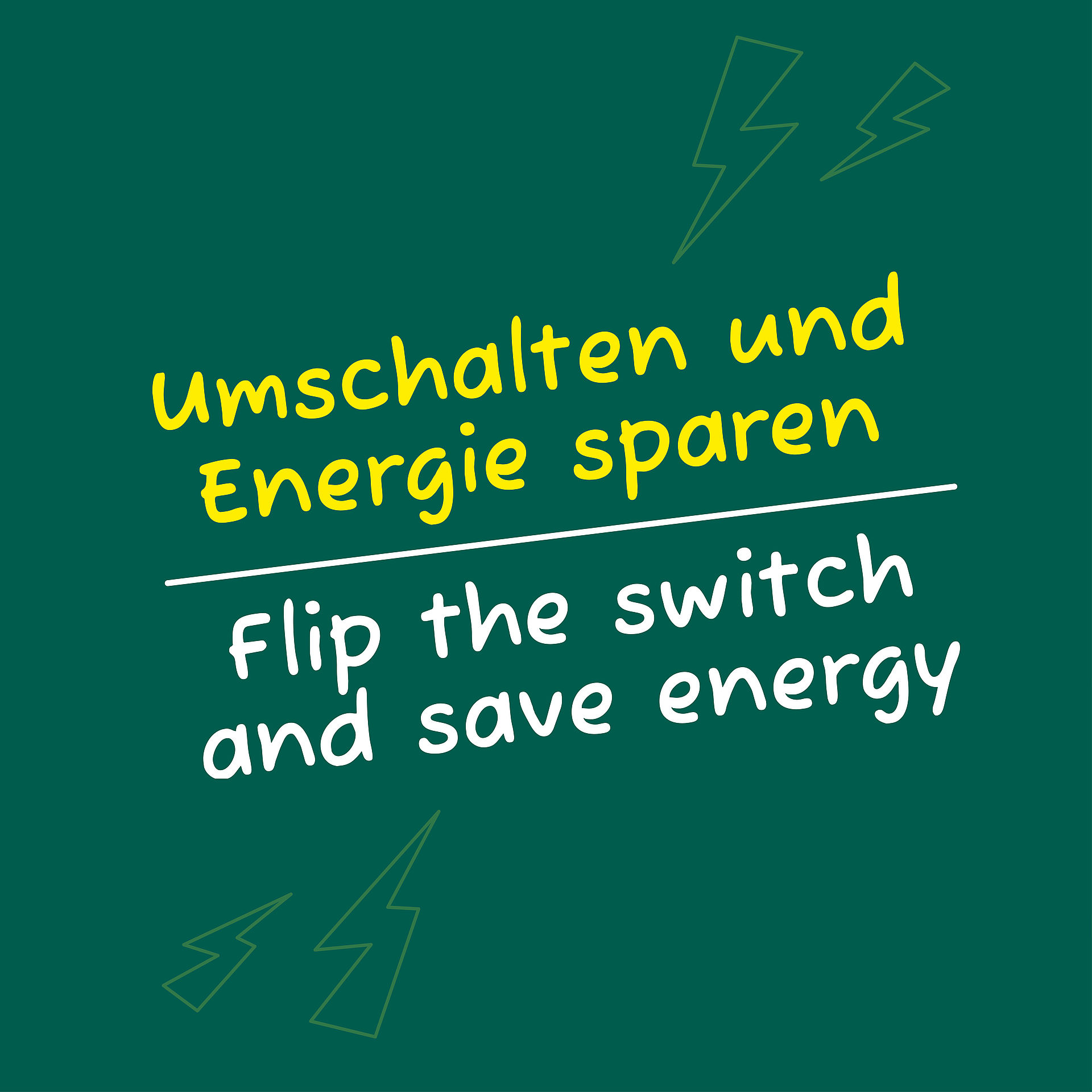Kölner Studierendenwerk is ‘peeking in the bin’
Back in June 2022, we spent a week studying the food left over in the canteen at the German Sport University Cologne. The second round of measurements was conducted in September 2022. Where is most of the food waste in the canteens to be found? To answer this question, as part of the ‘MehrWert21’ project and the NEiS project sponsored by the Consumer Association of North-Rhine Westphalia (Verbraucherzentrale NRW), food waste was collected for a week in the canteen at Sportpark Müngersdorf.
The canteen at Sportpark Müngersdorf offers its guests a wide-ranging lunch menu featuring three or four different meals – including vegetarian and vegan options – along with a salad buffet. Sustainability initiatives have a role to play, and to meet the shared goal of becoming climate-neutral by 2030, these efforts will be stepped up in cooperation with the twelve Studierendenwerke in NRW.
One way to make an important contribution to this is to prevent food waste.
However, how much of the food produced actually ends up in the rubbish bin at the end of a day?
To answer this question, from 19-22 September 2022 leftovers and food waste were measured and compared to the food actually produced. This was done with the active support of lots of student assistants recruited by the General Students’ Committee (AstA).
With a total waste rate of around 5% over the entire week in which measurements were conducted, it is clear that the levels of canteen food waste are already low, as it reuses leftovers and does the best possible job of keeping waste to a minimum.
The food waste left on plates totalled to 81 kilogrammes over five days of measurement, but for some 3,750 guests, this averages out to just 20 g of food leftovers per person. In other words, the portion sizes are well targeted, and athletes’ appetites are sufficient that little food is left over. At 1.2 %, the levels of food left over in the kitchen are very low, too. These leftovers mainly consist of individual components from the salad buffet (beans, lettuce, couscous, etc.) or sauces.
This confirms the figures collected in June, when the rate of waste (measured in just one day) stood at 5% and the rate of food discarded from plates (measured over five days) was 17 g per person.
‘We are pleased with the result, which confirms that our daily menu plans are already quite well calculated.’ (Carolin Brink)
‘We would like to take this opportunity to thank all the helpers, without whose assistance we could not have conducted these measurements! Many thanks as well to the canteen staff at Sportpark Müngersdorf, the colleagues at MehrWert21 project, as well as NEiS and the AStA at German Sport University Cologne for their commitment!’ (Mareike Wiggers)




